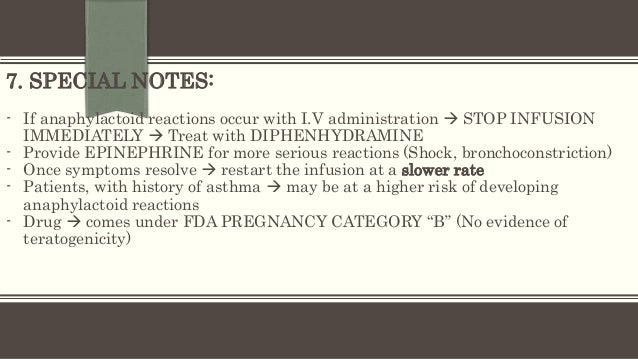

Inflammation may play a role in conditions like depression and schizophrenia. NAC lowers inflammatory chemicals, called cytokines, within the brain. ROS can cause oxidative stress, which can damage brain cells. When ROS levels are high, they can damage your body’s cells and tissues. NAC provides antioxidant effects to fight ROS. Some of the ways that NAC may impact the brain include: NAC affects many different processes in the brain. Below, we’ll discuss how NAC works in the brain and what current research suggests about if it can treat mental health conditions. In these studies, doses of NAC ranged from 1200 mg per day to 3600mg per day. Some of these include depression, bipolar disorder, schizophrenia, and obsessive compulsive disorder. Over the past decade, researchers have studied NAC for treating mental health conditions. Glutathione detoxifies (inactivates) NAPQI and prevents liver damage. NAC counteracts NAPQI by providing your body with glutathione. NAPQI is a toxic product of acetaminophen metabolism that damages your liver. Taking too much acetaminophen causes high levels of N-acetyl-p-benzoquinone imine (NAPQI) in the body. NAC is often used when a person overdoses on acetaminophen. Although our bodies naturally produce ROS, high levels can be harmful. Antioxidants are molecules that prevent damage to your body caused by “reactive oxygen species” ( ROS). When you take NAC, your body turns it into an antioxidant called glutathione. Cysteine is naturally present in your body. NAC is a form of the amino acid cysteine. These include bronchitis, asthma, or chronic obstructive pulmonary disease ( COPD). As a mucolytic, NAC breaks up mucus in people with lung diseases. In acetaminophen overdoses, NAC prevents or lessens liver damage. NAC is FDA-approved for acetaminophen overdoses and as a mucolytic. What is N-acetylcysteine (NAC) and what is it used for? Read on to learn how NAC works and whether it is effective in treating mental health conditions. Because of this, NAC has been studied for its potential mental health benefits. Now, researchers believe that NAC also affects chemical messengers within the brain. The medication was later used for other purposes, including acetaminophen (Tylenol) overdoses. Researchers developed N-acetylcysteine (NAC) in 1960 as a " mucolytic" to loosen thick mucus.


 0 kommentar(er)
0 kommentar(er)
